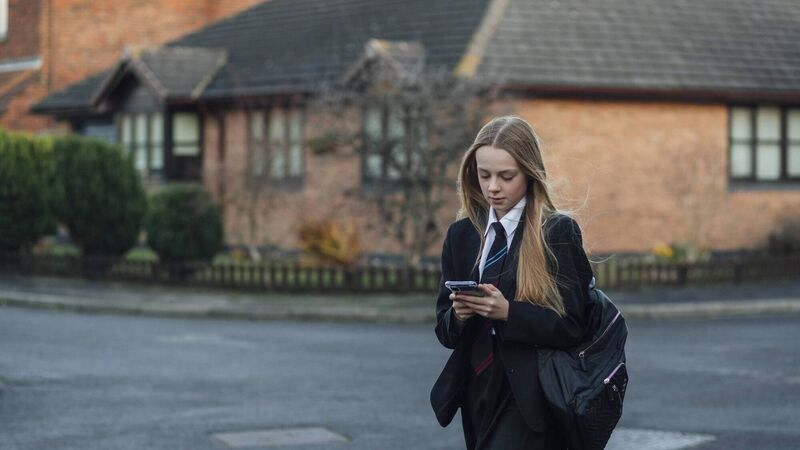Richard Hogan: Child exploitation thrives online. We need to teach our kids to recognise red flags

There is immense pressure on parents to give their children access to mobile phones, especially when the child enters the teenage years.
For many parents of children moving from primary school into secondary school, this is the last summer they will spend with their children without smartphones in their lives. Many parents, like myself, decide not to give their children smartphones until they are in secondary school. While it is crucial to have a policy with clear parameters for technology use in the home, it is also vitally important to think about the child in front of you.
You should always analyse the maturity levels of your children. Have they displayed, over the years, poor impulse control and risk averse thinking? Will they be able to manage all that a smartphone brings into their life? Because the moment your child takes a smartphone into their hands, they are taking everything that phone has to offer into their life. That should not be taken lightly.






